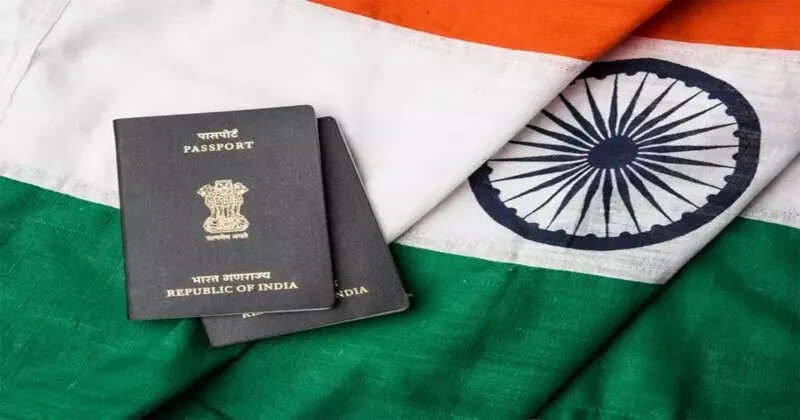
Over the past 13 years, more than 18 lakh Indians have renounced their citizenship, opting for nationalities from 135 countries, according to data presented in the Rajya Sabha. Popular destinations include developed nations like the US, Canada, the UK, and Singapore, as well as developing nations such as Nepal, Pakistan, and Bangladesh. A record 2,25,620 individuals gave up Indian citizenship in 2022, followed by 2,16,219 in 2023. Between 2015 and 2023, over 12 lakh Indians relinquished their nationality. The Ministry of External Affairs (MEA) attributed this trend to personal reasons and acknowledged India’s evolving engagement with its diaspora in the global economy.
Experts suggest the trend may be driven by better career opportunities, higher quality of life, improved education prospects, and global mobility. Some also point to the lack of dual citizenship in India, which developed nations often allow. The Covid-19 pandemic in 2020 saw the lowest figures, with 85,256 Indians renouncing citizenship. The MEA reported that approximately 13 million Indians, spanning various professions, currently reside abroad. The global allure of secure social systems and economic benefits further motivates this shift.
India’s Constitution and Citizenship Act, 1955, do not permit dual citizenship. However, the Overseas Citizenship of India (OCI) scheme, introduced in 2005, offers certain privileges to Persons of Indian Origin who were citizens on or after January 26, 1950. While OCI cardholders can benefit from residency and travel rights, they are not granted constitutional rights, such as those under Article 16. The scheme reflects India’s effort to maintain connections with its diaspora while adhering to its citizenship policies.

Post Your Comments